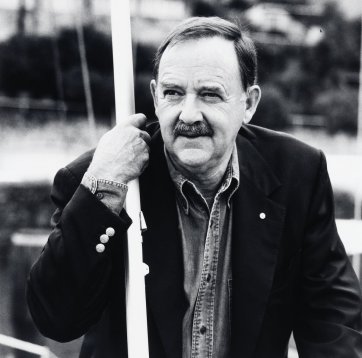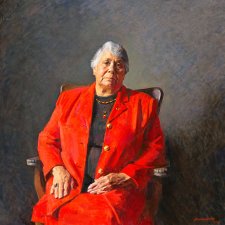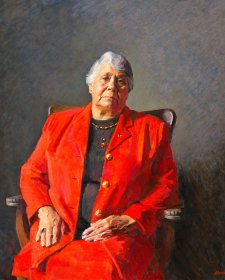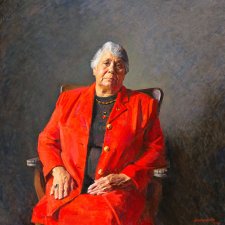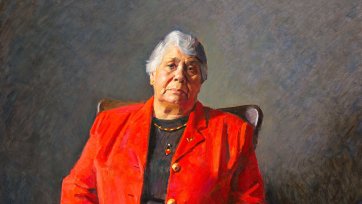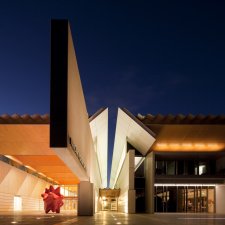‘Controversial’ would seem an apposite descriptor for both Dr Harry Butler (AoY 1979) and Professor Tim Flannery (AoY 2007). Although Butler came to prominence with his popular TV series In the wild, raising public awareness of Australia’s unique natural history and the need for wildlife conservation, he was committed to the idea that industry, development and environmental conservation could work together. Butler’s approach, particularly in his successful environmental management plan for Barrow Island off Western Australia’s northern coast, was pragmatic.
Tim Flannery, on the other hand, comes from a generation of highly literate academics who have explored the cross-disciplinary terrain of environmental history. His book The Future Eaters is a classic of this genre. Flannery’s engagement with fossil fuel emissions and climate change offers a more discursive and strategic, over-arching view of the world’s potential future. He is the bane of climate deniers, and yet caused consternation when he suggested that nuclear power, in terms of carbon emissions, was more efficient than coal-fired power. His is a more politicised position as it directly challenges government policies.
Ian Kiernan (AoY 1994) is an environmental activist whose Clean Up Australia campaign is an example of a good idea that goes a long way. Celebrating its 25th anniversary in 2015, Clean Up Australia is now the largest community-based, environmental event in Australia. Since 1993, the idea has gone global with the annual Clean Up the World event drawing an estimated 35 million volunteers from 130 countries.
